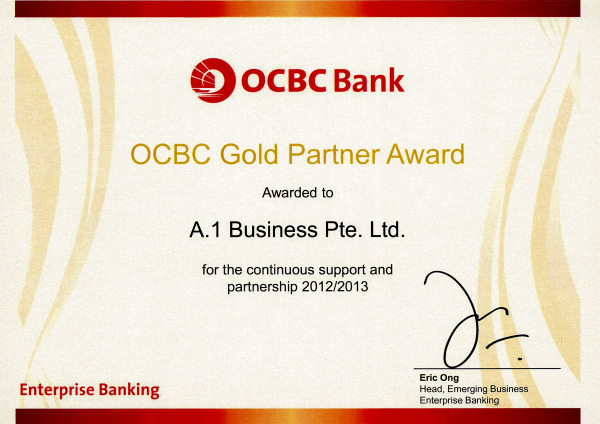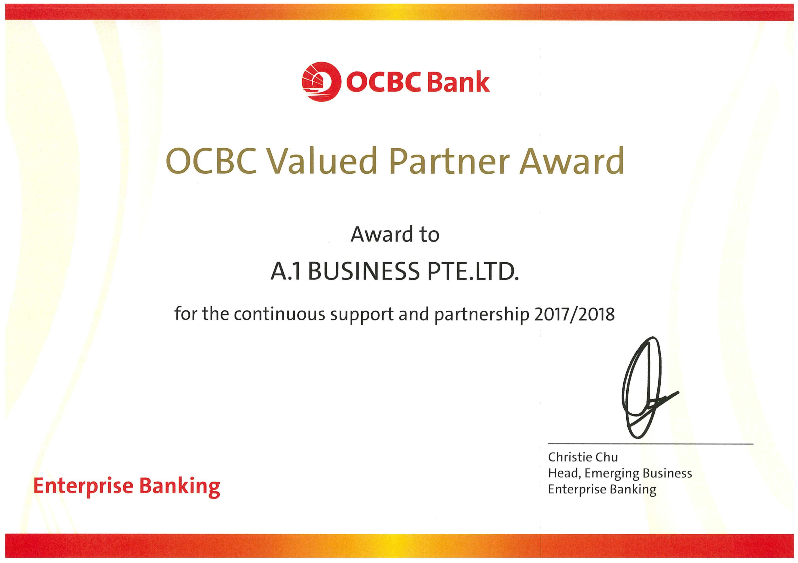Different Business Entities and Structures in Singapore
Different Business Entities and Structures in Singapore
Of the many choices when deciding on incorporating an entity in Singapore, one of the major factors is the type of business structure (i.e. legal entity) you select for your business. The decision you make will affect the amount of taxes you pay, the image and perception of your business among your customers and suppliers, the amount of paperwork that your business will have to do, the personal liability you will face, the amount of money you can borrow and the expansion of the business. This guide will allow you to have an overview of the different business entities and structures in Singapore and any differences among them. All of them are subjected to many different regulatory and tax regimes that reflects their organisation and ownership.
The following are the main business entity types in Singapore:
Private Limited Company
A private limited company is a LLC whereby the shares are held by less than 50 persons and will not be available to public. Mostly private incorporated businesses in Singapore are registered as private limited companies. A private limited company’s name in Singapore will usually end with Private Limited or Pte Ltd. For example, our own company A.1 Business Pte Ltd is incorporated as a private limited company. The shareholders of a private limited company will have to be corporate entities, individuals or both.
A private limited company will be the most advanced, flexible, and scalable type of business form in Singapore. For serious entrepreneurs, it is the most preferred type of Singapore business entity (as opposed to sole proprietorship or limited liability partnership). If you are interested in incorporating a private limited companies, refer to Singapore company registration
Why entrepreneurs prefer Private Limited Company
- Separate Legal Entity: A private limited company will have its own legal identity and it is separated from its shareholders and its directors. It allows the acquisition of assets, enter into debts, enter into contracts, sue or be sued in its own name.
- Limited Liability: The amount of capital they each agreed to contribute as capital into the company will be the limited liability of the members to contribute to the debts of the company.
- Perpetual Succession: The continued membership of any of its members will not determine the company’s existence. In the event of death, resignation, or insolvency of shareholders or directors, ease of transfer of shares or changes in shareholders will ensure the company to survive
- Ease of raising capital: If the company plans for expansion or to bring in new shareholders or to issue more shares to existing shareholders, you will need to raise capital. If a company has separation between personal and business assets, investors will be more likely to purchase shares in that company. Also, limited companies are able to get a loan easier from most banks.
- Credible Image: As compared to a sole proprietorship or a partnership firm, an incorporated business entity will exhibit a better image and investors will be more willing to become a part of the company as it demonstrates a vision to grow and expand. Being a private limited company means that potential clients, suppliers, bankers and other professionals will take your business more seriously.
- Ease of transfer of Ownership: Without disrupting operations or the need for complicated legal documentation, ownership of a company may be transferred, either wholly or partially. By selling all or part of its total shares, or through issuing of new shares to additional investors, ownership transfer will be done.
- Tax Benefits and Incentives: A private limited company is a very efficient tax entity in Singapore as the effective corporate tax rate for Singapore companies for profits above SGD 300,000 it is capped at 17% while profits up to SGD 300,000 is below 9%. Moreover, there is no capital gains tax. A single-tier tax policy is used in Singapore which means that once the income has been taxed at the corporate level, dividends can be distributed to shareholders tax free.
Public Limited Company
A public limited company is a LLC that may offer its shares to public. A public limited company must have at least 50 shareholders and is subjected to significantly stricter rules and regulations since they have the power to raise funds from the public. Public limited company will be seen listed on a stock exchange. Public limited companies are outside the scope of this article as they are meant for large businesses.
Public Company Limited by Guarantee
If you are setting up a business entity meant for non-profit purposes, a public company limited by guarantee is the preferred choice. To learn more about it, refer to setting up a non-profit entity in Singapore.
Foreign Company Registration Options
Foreign companies that would wish to setup a presence in Singapore, have the choice of setting up a subsidiary company, branch office, or a representative office in Singapore.
- Subsidiary Company. A subsidiary company will have the parent company as its shareholder and it is a private limited company incorporated in Singapore. For small to medium-sized foreign businesses, setting up a subsidiary company would be the most preferred choice in Singapore.
- Branch Office. A branch office does not act as a separated incorporated entity and it is an extension of its parent company and Liabilities of a branch office will extend to its parent company.
- Representative Office. Setting up a representative office in Singapore is a temporary arrangement for conducting marketing research activities. It cannot be engaged in any profit yielding activities and does not have any legal status.
For further details about these choices, refer to foreign company registration options in Singapore.
Sole Proprietorship
The simplest but the riskiest type of business form in Singapore would be sole proprietorship. From the legal perspective, the owner and business are counted as one. The owner owns all the assets and liabilities of the business. There is no protection of the owner’s personal assets from the business. Creditors have the rights to go after the owner’s personal assets if the business cannot pay all its liabilities, it is known as unlimited liability. Many entrepreneurs are unfamiliar about this financial risk. The owner will take full responsibility for the business’s liabilities. Inspiring entrepreneurs should not consider a sole proprietorship.
Other details about sole proprietorship can be found at Singapore sole proprietorship registration guide.
Partnership
To address the constraint faced by a sole proprietorship, the partnership type of business structure allows two or more people to setup and co-own a business. The firm does not have any legal existence separate from its partners. It will come to an end with death, insolvency, incapacity or the retirement of any partner. Furthermore at any point in time that any of the partners are unsatisfied or discontent, they can also give notice for the dissolution of the partnership. In a limited number of situations a partnership type of business structure is favourable. It is not recommended for this type of business structure to business owners.
General Partnership
An unattractive way to structure a business in Singapore would be a general partnership. As partners are personally liable for the debts and liabilities of the business and each partner are still able to be held responsible for the actions of another partner.
Limited Partnership
In Singapore, limited partnership is an alternative to the general partnership type of business form. In addition to a general partner, it must also have a limited partner. The amount of investments by the partners will be the limited liabilities that they are accountable for. However, they are unable to participate in the management of the business. Limited partnership is an unattractive vehicle for setting up a business in general.
Limited Liability Partnership (LLP)
Among all the three types of partnership, LLP is the most advanced and newest business incorporation structure. It combines all the features of partnerships and companies. LLP was introduced in 2005 through the enactment of Limited Liability Partnership Act. LLP provides owners the flexibility of operating like partnership while enjoying many benefits that comes with a corporate body like a private limited company.
A LLP is mainly meant for carrying a profession where two or more professionals would like to setup a joint practice in a common field. It is a must for the owners to enter into detailed agreements about how the profits and management responsibilities are divided. It can get very complex and would require the services of a lawyer to draw up the agreement. Partners in a limited liability partnership have to be responsible and proactive for cultivating for their own clients based on the partner’s specific area of focus.
The minimum amount of partners that a LLP must have is two partners at all times. An LLP is not suited for a business that carries a trade. For more information on LLP, refer to Singapore LLP registration guide
Which business entity type to choose?
Depending on your particular situation and plans, you need to decide the right business structure to incorporate in Singapore. As a general rule, you can use the following guidelines to make your decision:
- If you are a local and would like to register a small business and you will be the only owner and the nature of your products/service will not carry liability issues, it might be easier for you to start up your business as a Sole Proprietorship. However, you must carefully consider the fact that in case of any business liabilities, the claimants will be able to go after your personal assets.
- If your business involves providing services by way of the profession you hold and you have one or more additional partners in a similar profession and would like to build a joint practice, setting up a LLP will be a suitable business structure for you.
- In conclusion, incorporating a private limited company in Singapore would be the best choice. Although it is more complicated, it is still the best structure in the long run.




















































